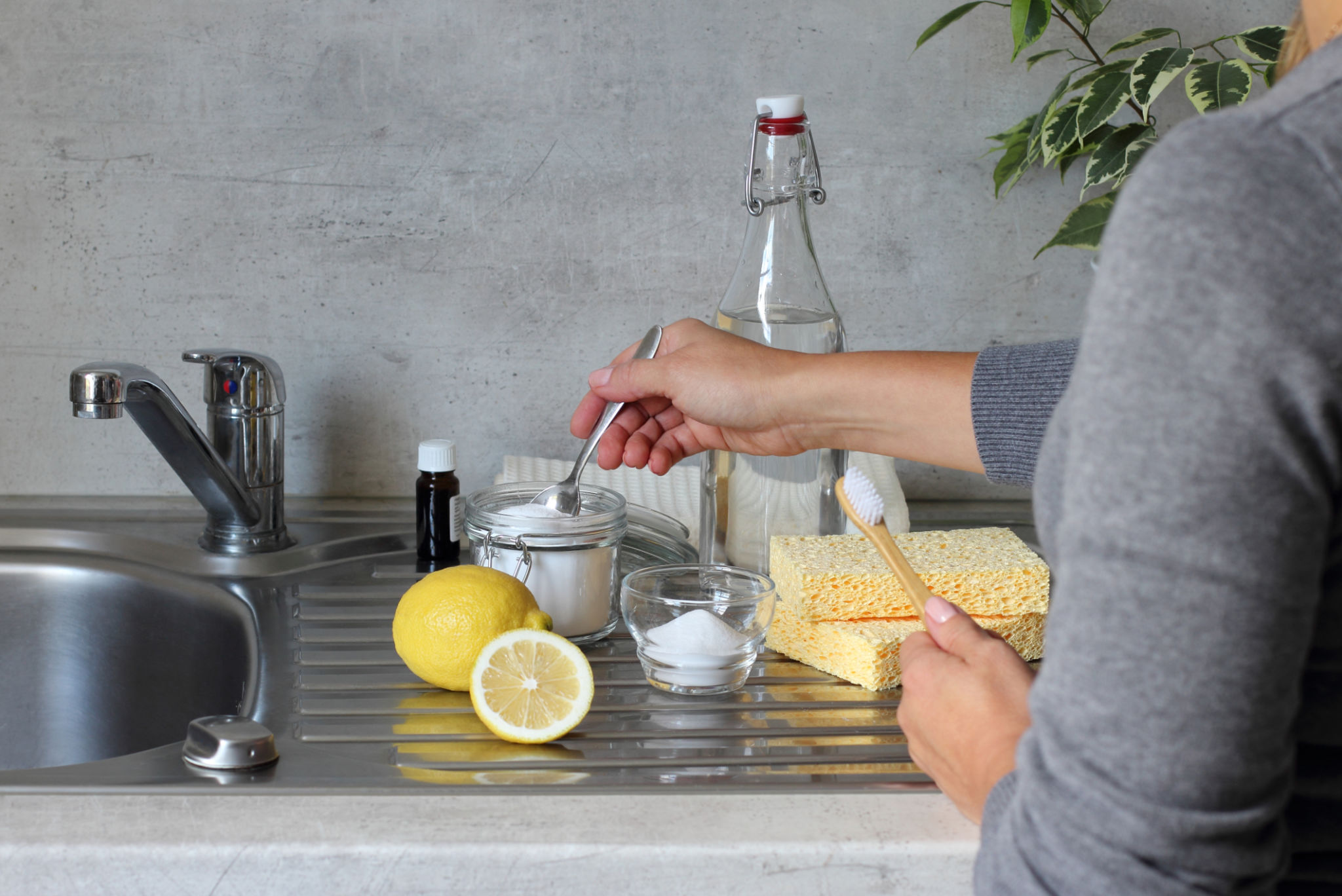Myth-Busting: Are All Natural Cleaning Products Effective?
Understanding Natural Cleaning Products
In recent years, there's been a significant shift towards using natural cleaning products. Many consumers believe that products labeled as "natural" are inherently safer and more effective. However, this assumption often goes unchallenged, leading to a myriad of myths surrounding the efficacy of natural cleaning solutions. Are all natural cleaning products truly effective, or is it just a marketing gimmick?

What Does "Natural" Really Mean?
The term "natural" can be quite ambiguous in the cleaning industry. It generally refers to products that are derived from plant-based ingredients rather than synthetic chemicals. However, it's crucial to understand that not all natural ingredients are automatically safe or effective in cleaning. The effectiveness of a cleaning product depends on its formulation and concentration of active ingredients.
The Science Behind Cleaning
Effective cleaning products work by breaking down dirt, grime, and bacteria at a molecular level. Both natural and synthetic cleaners can achieve this, but their efficacy varies based on the chemical composition. For instance, vinegar and baking soda are popular natural cleaners known for their ability to tackle certain types of stains and odors. However, they may not be as effective in killing germs compared to some synthetic disinfectants.

Evaluating Natural Cleaning Products
When evaluating natural cleaning products, consider the following criteria:
- Ingredient Transparency: Look for products that clearly list all their ingredients.
- Third-party Certifications: Certifications like EPA's Safer Choice can indicate a product's effectiveness and safety.
- User Reviews: Consumer feedback can provide insights into the product's real-world performance.
The Role of Marketing
Marketing plays a significant role in shaping consumer perceptions about natural cleaning products. Brands often capitalize on eco-friendly trends, using terms like "green," "eco," and "natural" to attract environmentally-conscious buyers. While these terms are appealing, they can sometimes be misleading if not backed by evidence of effectiveness.

Common Myths About Natural Cleaners
Several myths persist about natural cleaners:
- Myth 1: All natural cleaners are non-toxic and safe for the environment. While many are safer than synthetic options, some natural ingredients can still be harmful if misused.
- Myth 2: Natural cleaners can replace all conventional cleaners. Some specialized tasks may require stronger, synthetic solutions.
- Myth 3: Natural means inexpensive. High-quality natural products can sometimes come with a higher price tag.
Finding a Balance
Consumers looking to switch to natural cleaning solutions should aim for a balanced approach. It's essential to research and select products that meet both safety and efficacy standards. Sometimes, a combination of natural and synthetic products may be necessary to achieve optimal cleaning results.

The Future of Natural Cleaning
The demand for natural cleaning products is likely to continue growing as more people become aware of environmental issues and personal health concerns. Innovations in green chemistry are paving the way for more effective natural solutions. As these advancements continue, consumers can expect improved options that offer both safety and cleaning power.
In conclusion, while not all natural cleaning products are equally effective, many offer viable alternatives to traditional cleaners. By staying informed and critical of marketing claims, consumers can make choices that align with their values without compromising on cleanliness.
